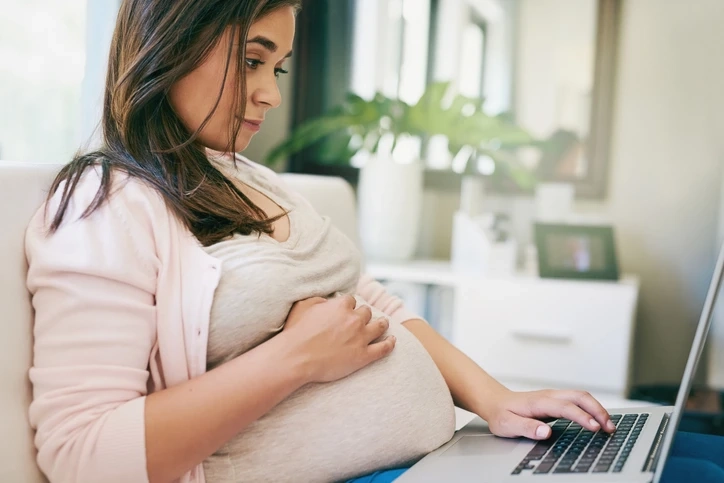COVID-19, the disease caused by a new coronavirus, has rapidly spread globally. The World Health Organization recently labeled COVID-19 a pandemic. Many of my pregnant patients have expressed concerns, both for themselves and their babies, about the impact of COVID-19 on their health. To answer often-asked questions about pregnancy and the new coronavirus, I’ve teamed up with my husband, an infectious disease specialist and internist. Together, we reviewed the extremely limited data available to provide evidence-based responses below.
Pregnancy and the new coronavirusAs you probably know, the virus spreads through respiratory droplets sent into the air when a person who has COVID-19 coughs or sneezes. It may also spread when someone touches a surface infected by a person who has the virus.
What can I do to protect myself against catching the new coronavirus?The most important step is to practice excellent hand hygiene by frequently washing hands with soap and water for 20 seconds. Avoid touching your eyes, mouth, and nose. You should also avoid large gatherings. Social distancing is important to limit the spread of the virus. If you have a mild cough or cold, stay at home and limit exposures to other people. Sneeze and cough into a tissue that you discard immediately, or into your elbow, to avoid making others sick. Hydration and adequate rest also are important in maintaining the health of your immune system.
As a pregnant woman, what is my risk of becoming very ill from COVID-19?Given that this is a novel virus, little is known about its impact on pregnant women. At this point, experts think that pregnant women are just as likely, or possibly more likely, than the general public to develop symptoms if infected with the new coronavirus. Current information suggests symptoms are likely to be mild to moderate, as is true for women (and men) in this age range who are not pregnant.
If I am pregnant and have COVID-19, does this increase the risk of miscarriage or other complications?There does not appear to be any increased risk of miscarriage or other complications such as fetal malformations for pregnant women who are infected with COVID-19, according to the Centers for Disease Control and Prevention (CDC). Based on data from other coronaviruses, such as SARS and MERS, the American College of Obstetricians and Gynecologists notes that pregnant women who get COVID-19 may have a higher risk for some complications, such as preterm birth, but the data are extremely limited and the infection may not be the direct cause of preterm birth.
If I get sick from the new coronavirus, what is the risk of passing the virus onto my fetus or newborn?A study of nine pregnant women who were infected with COVID-19 and had symptoms showed that none of their
» Read More

